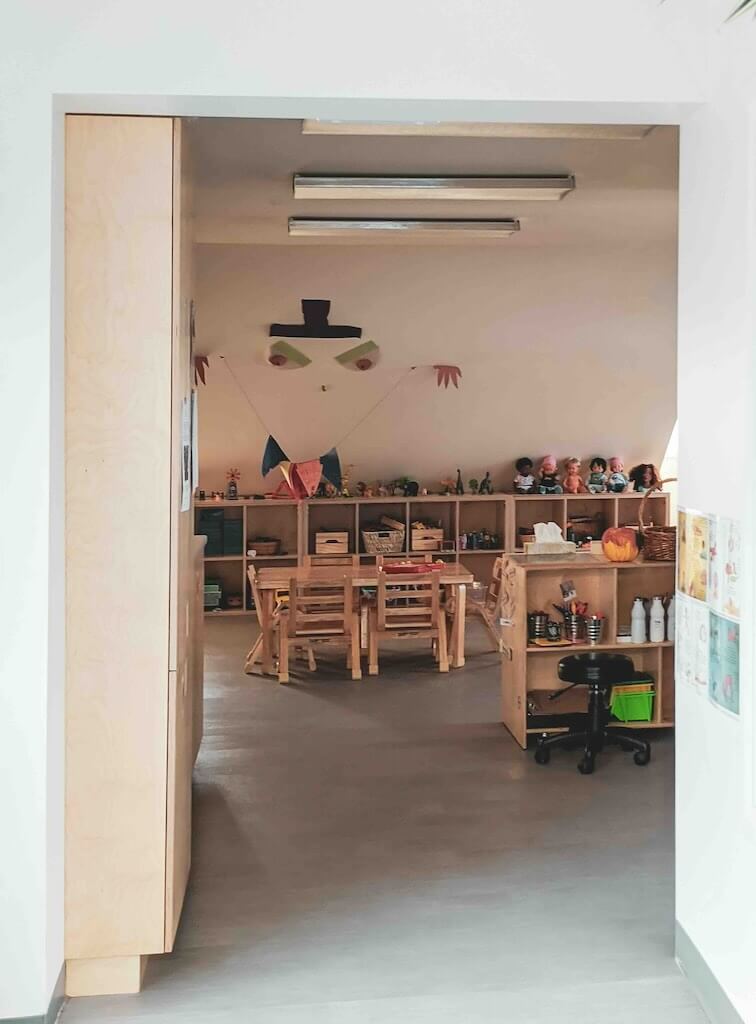
13 Feb The Pros and Cons of Nursery Care v Nannies & Childminders
What is the best care possible for your child? How much do you have to budget for each option? What are the Pros and Cons of Nursery Care v Nannies and Childminders? We’re going to look into how each operates and what it means for your child’s early years care.
- Childcare and Budget
- Individual Care and Social Interaction
- Convenience
- Educational Aspects
- Child Development
Childcare and Budget
The very real aspect to first consider is what you can afford. If your children are older, that are in full-time school, there is always the option of an after-school club.
The Nursery Option*
In England, the average cost of sending a child under the age of two to nursery is:
£138.70 a week part-time (25 hours) which is £7,210 a year
£269.86 a week full-time (50 hours) which is £14,030 a year.
The average cost for families using an after-school club for five days is £66.52 per week.
But there is help you can get with childcare costs. For example, with tax-free childcare, you can get up to £2,000.
The Nanny Option**
Nannies can be employed as live-in or live-out.
Full Time Live Out: £12-£15 Net per hour
Total cost for an employer based on a 45-hour week: £3,450-£4,500 per month
Part Time Live Out: £13-£15 Net per hour
Total cost for an employer based on a 25-hour week: £1,850-£2,250 per month
Full Time Live In: £400-£650 net per week
Total cost for an employer per month: £2,400-£4,500 per month
The Childminder Option***
Childminder costs vary enormously according to your location. Here are two examples of registered childminders.
Registered childminder (25 hours for a child under 2): £118 pw, Inner London avg. £164 pw.
Registered childminder (50 hours for a child under 2): £228 pw, Inner London avg. £303 pw.
Other options to consider and to fill in the gaps or unscheduled childcare include an Au pair, ‘pocket money’ of around £70 – £85 pw, plus room and board. Then the less official, and unregulated babysitter, you’ll be paying between £10.67 ph avg. (London) and £9.22 ph avg. (Leicester)****.
In this section, we’ll compare Nursery Care with Nanny Care.
Individual Care and Social Interaction
Nanny Care
Your child will have individual care which can be personalised and tailored to your wishes. This approach will foster a strong bond and security for the child. Nannies will vary the activities your child is exposed to, such as playgroups, playdates and other social activities.
Nursery Care
A nursery is a social environment allowing children to interact with their peers and thus promoting early social skills and learning co-operation. However, the nursery setting will not provide the same level of individual attention that a nanny will provide.
Convenience
Nanny Care
Hiring a nanny gives you the maximum flexibility when it comes to your schedule. Nannies can adapt to your family routine and manage the unpredictable changes to your work and personal life. Everything from pick-ups to drop-off times or accommodating leisure activities can be changed with little notice.
Nursery Care
Nurseries have to cater to the many and have to follow set operating hours. Structured routine is their forte and that structure can be beneficial to a child’s development. Parents have to adhere to the nursery schedule come what may. This can pose a challenge to a family with demanding or irregular working hours.
Educational Aspects
Nanny Care
Many nannies are skilled in incorporating educational activities into your child’s day. These activities can be tailored depending on your child’s developmental stage. This approach is likely to enhance early learning and create a strong foundation for academic and social development. Fun activities can also be organised, like playdates, providing social stimulation.
Nursery Care
Most nurseries will have structured educational elements to the day. These are also aimed at early childhood development. Exposure to a variety of activities and experiences can contribute to a child’s cognitive and social growth.
Additional Benefits for Child Development with a Nanny
Home Environment
Nanny care is given in your own home, a safe place of comfort and familiarity which can help ease the transition from infancy to early childhood.
Consistency
Employing a nanny as a caregiver provides stability for a child which promotes security and trust.
Tailored Learning
Your child will have unique interests and developmental milestones and a nanny can tailor learning to these individual needs.
Cultural Exposure
Many nannies come from abroad and have their own culture and language that they can share with your child. A richer and more diverse experience which is beneficial for your child.
We have experience with early years childcare in its many forms. If you have any questions then please get in touch.
The Purple Dove Team
Sources:
- *Family and Childcare Trust
- **Nannies by Bubble
- ***National Childcare Trust
- ****babysits.uk (2024)
Image credit: Sigmund, unsplash.com

